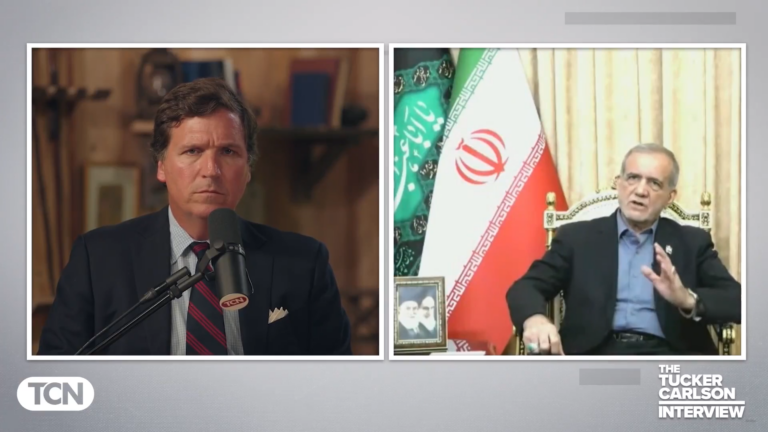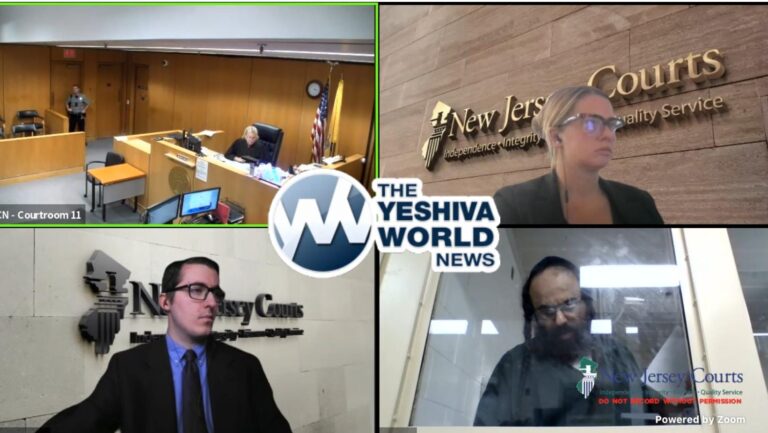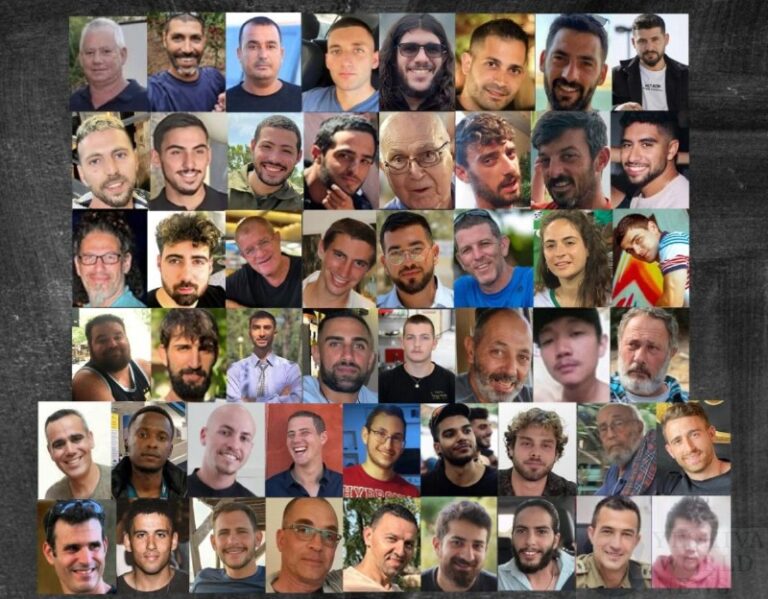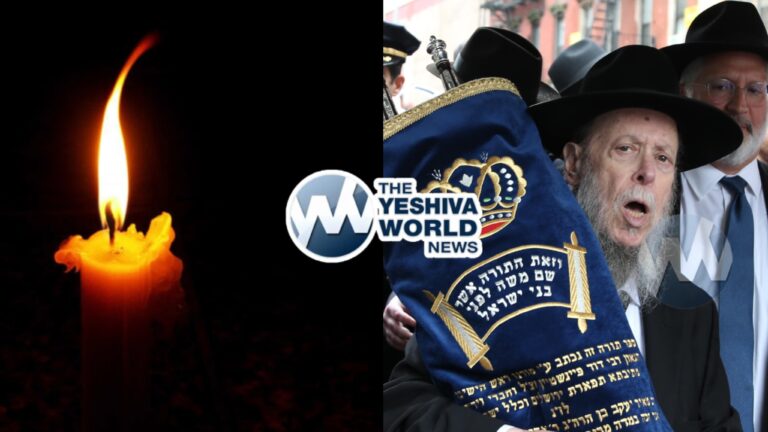 A meeting was held between chareidi representatives and Defense Minister Moshe Ya’alon and Justice Minister Ayelet Shaked to discuss proposed changes to the chareidi draft law. While it appears the ministers are okay with the proposed changes, Attorney General Yehuda Weinstein does not feel they will withstand a challenge to the High Court of Justice.
A meeting was held between chareidi representatives and Defense Minister Moshe Ya’alon and Justice Minister Ayelet Shaked to discuss proposed changes to the chareidi draft law. While it appears the ministers are okay with the proposed changes, Attorney General Yehuda Weinstein does not feel they will withstand a challenge to the High Court of Justice.
Now that the chareidi parties are once again members of the ruling coalition and not in opposition as was the case in the previous [19th] Knesset, they are trying to do away with the criminal sanctions component of the law, which calls for prosecuting those who do not comply with the draft law. The proposed changes refer to what will occur in 2020 if chareidim do not comply with the law.
Also present for the meeting were Prime Minister Binyamin Netanyahu, Cabinet Secretary Avichai Mandelblit, Weinstein, Defense Ministry legal counsel Achaz Ari, and MKs Moshe Gafne and Deputy Minister Meir Porush.
This meeting was basically a continuation of a meeting last week between the heads of the chareidi parties and Shaked.
The chareidim are calling to postpone the date by which the chareidi tzibur must comply with draft quotas to 2020 and the elimination of the criminal sanctions for non-compliance. Instead, they propose offering economic incentives for meeting quotas and those who do not will accept budget cuts.
The attorney general however is confident such changes will be met with a challenge to the High Court of Justice and he does not feel the court will by sympathetic.
At present it appears the chareidi representatives back the formula introduced by Shaked, that in 2020 if the chareidi tzibur does not meet the draft quota, it will be left to the discretion of the defense minister to determine if he will impose sanctions or not.
(YWN – Israel Desk, Jerusalem)











One Response
1. It is very easy to pass a “Basic law”, equivalent to a constitutional amendment in the US, that overrides an adverse Supreme Court decision. If this isn’t done, it suggests the coaltion is not united in agreeing to avoid a confrontation on this issue.
2. They could agree to exempt anyone with a religious objection to military service – which would allow them to exempt non-zionist hareidim — but that would admit that there is a substantial Daas Torah opposed to zionism which would be painful for the zionists to acknowledge.